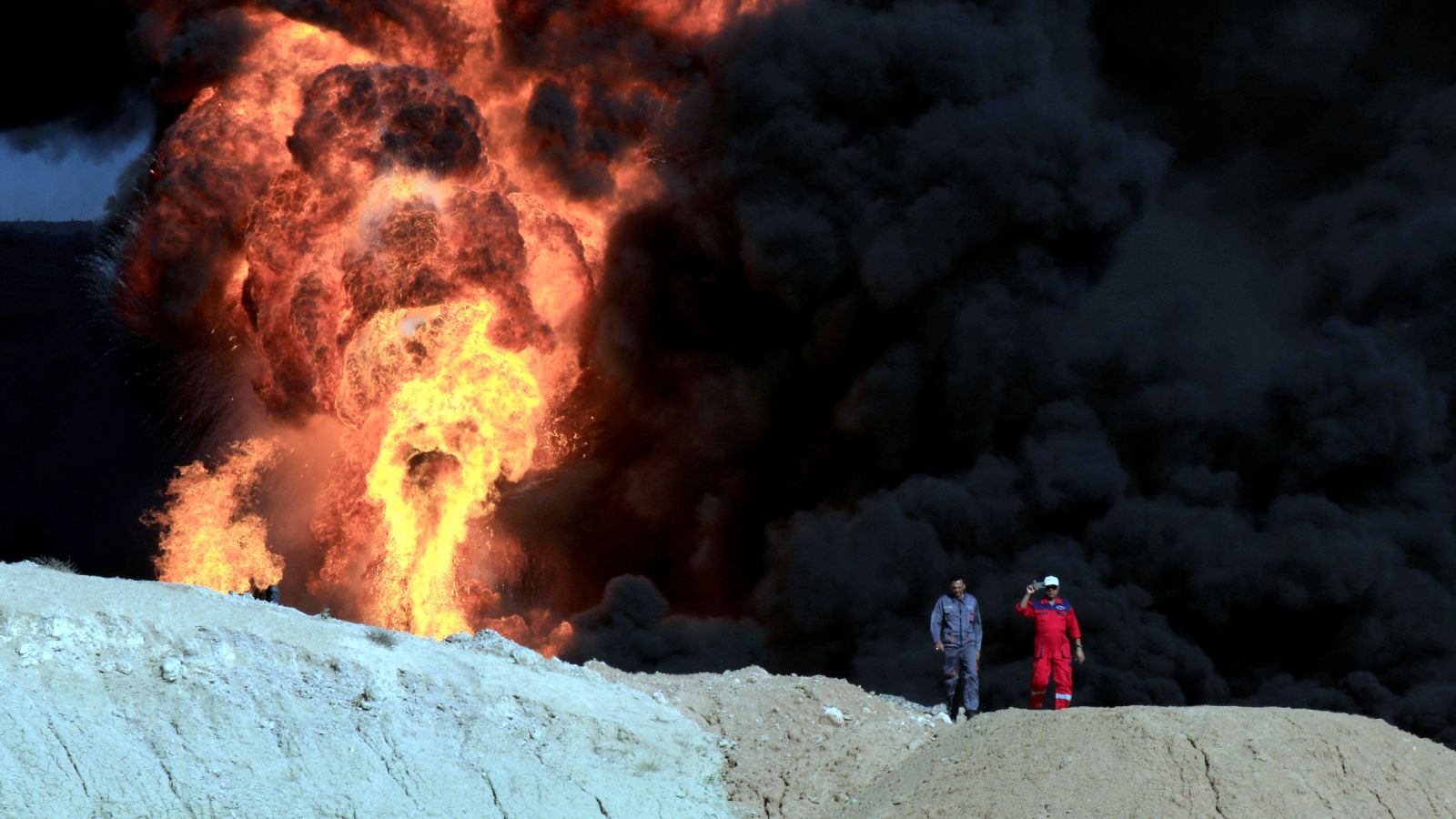Iraq has seized Kurdistan’s oil, but Kurdistan controls Iraq’s internet

Two days ago, on Oct. 16, the Iraqi army seized oil fields near in northern Iraq that had been operated by the Kurdish Regional Government (KRG).
This threatens the livelihood of Iraq’s Kurdish region, which depended on the oil to finance both its economy and its hopes of independence, for which its citizens voted in a referendum last month. Since 2014, the KRG has been selling its oil internationally, against the wishes of the central Iraqi government, including through a deal signed by then-Exxon CEO and now US secretary of State Rex Tillerson.
The Kurds have one bit of leverage, though: Thanks to quirks of geography and politics, they control the bulk of Iraqi internet access.
In 2014, Oracle Dyn, a company that tracks global internet traffic, found that 73% of Iraqi traffic was routed to the rest of the world through two Kurdish internet service providers, Newroz and IQ Network. At the time, two in five adults, or about half of Iraqi men, told Gallup surveyors (pdf) they used the internet in the previous week, with Kurds the most likely to have done so.
There are two other main ways for data to get out of the country: An undersea cable coming ashore from the Persian Gulf at al-Faw and overland fiberoptic cables west, through Jordan. Going west is challenging because of the barren geography of western Iraq, combined with the presence of ISIL militants who sabotage communications infrastructure. Indeed, in 2014, at the height of ISIL’s power, the Kurdish data route helped keep Iraq connected.
The route through al-Faw had its own problems: Bureaucracy and corruption. The Iraqi government has nationalized all internet infrastructure, slowing investment and increasing prices. The costs of data transit across Iraqi government networks can be hundreds or thousands of times more higher than what would be expected in developed economies or is offered by the Kurds, Doug Madory, director of internet analysis at Oracle Dyn, says.
The Kurds are aware that the internet routes give them an economic weapon against the central government. Ahead of the clashes at the oil fields, a spokesman for KRG president Massoud Barzani threatened (paywall) to cut off internet access in Iraq, as well as other services such as mobile phone connections and cement manufacturing. Given Iraq’s relatively low internet penetration, the last two threats may be more potent, but disrupting internet access would hit directly at Baghdad’s elites.
Madory says that the Kurds could effectively cut off Iraq from its largest digital gateway to the rest of the internet, at least temporarily; Iraq’s telcos would try to find another source of high-capacity access but it would likely take time. The problem for Kurdistan is that cutting off Iraq would mean cutting off a large source of revenue for Kurdish companies.
“Doing that would kill those businesses, I don’t think they would take that decision very lightly,” Madory says. “People have been attracted to Kurdistan as a place to do business and get a square deal.” The bind highlights the challenge of separatist movements from Catalonia to Scotland: The economic price of freedom can be high.